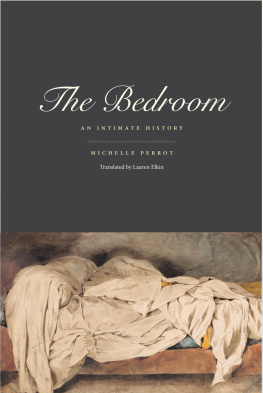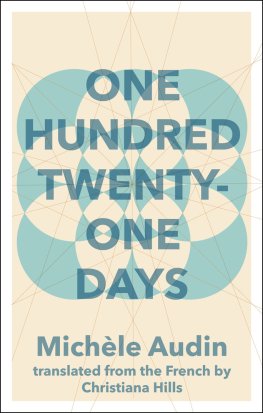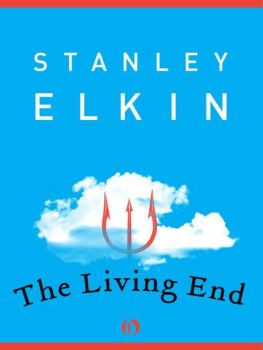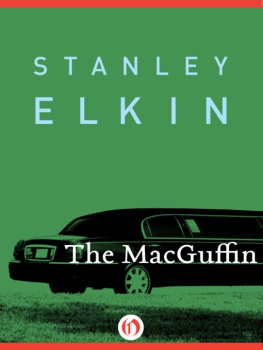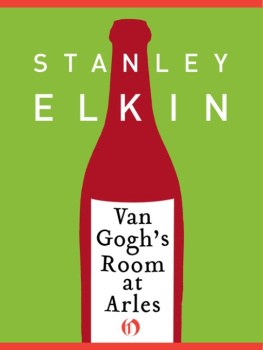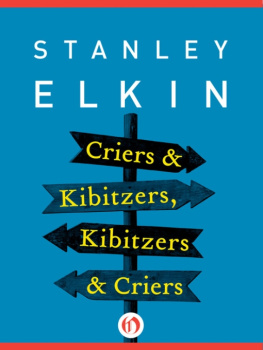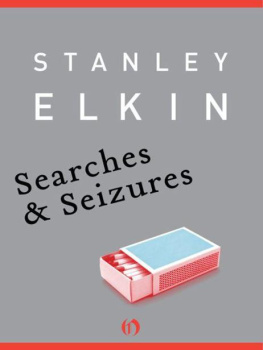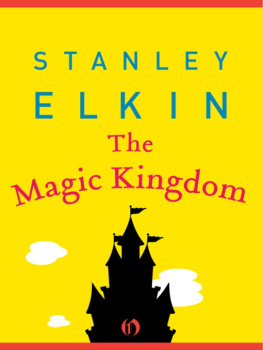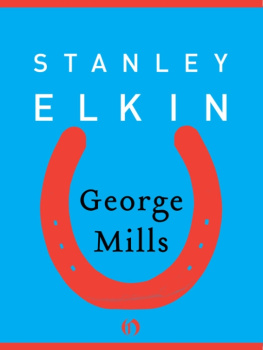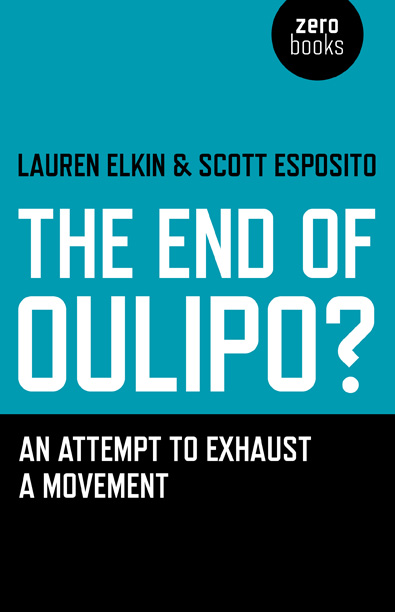The End of Oulipo?
An Attempt to Exhaust a Movement
Lauren Elkin & Scott Esposito

Winchester, UK
Washington, USA
First published by Zero Books, 2013
Zero Books is an imprint of John Hunt Publishing Ltd., Laurel House, Station Approach, Alresford, Hants, SO24 9JH, UK
www.johnhuntpublishing.com
www.zero-books.net
For distributor details and how to order please visit the Ordering section on our website.
Text copyright: Lauren Elkin and Scott Esposito 2012
ISBN: 978 1 78099 655 4
All rights reserved. Except for brief quotations in critical articles or reviews, no part of this book may be reproduced in any manner without prior written permission from the publishers.
The rights of Lauren Elkin and Scott Esposito as authors have been asserted in accordance with the Copyright, Designs and Patents Act 1988.
A CIP catalogue record for this book is available from the British Library.
Design: Stuart Davies
Printed and bound by CPI Group (UK) Ltd, Croydon, CR0 4YY
We operate a distinctive and ethical publishing philosophy in all areas of our business, from our global network of authors to production and worldwide distribution.
CONTENTS
Eight Glances Past Georges Perec
Oulipo Lite
For Beth and also
For Elissa, Joanna, and Susan
Preface
In November 1960 in Paris, a group of writers came together to pledge fealty to a new kind of literature. Calling themselves the Ouvroir de littrature potentielle potentielle (or Workshop of Potential Literature), the Oulipo would seek out, as co-founder Raymond Queneau put it, new forms and structures that may be used by writers in any way they see fit. This aim is serviceably vague, allowing for a wide range of understandings as to what, exactly, the Oulipo is and does. No surprise, given the diversity of founding Oulipians: Raymond Queneau (best- known at the time as the author of Zazie in the Metro ), the chemical engineer and mathematician Franois Le Lionnais, the Pataphysicist Jacques Bens and Marcel Duchamp.
The concept of potential literature is founded on a paradoxical principle: that through the use of a formal constraint the writer s creative energy is liberated. The work which results may be complete in itself, but it will also gesture at all the other work that could potentially be generated using that constraint. As Queneau put it so elegantly, the classical playwright who writes his tragedy observing a certain number of familiar rules is freer than the poet who writes that which comes into his head and who is the slave of other rules of which he is ignorant. In this way, Oulipian literature performs a balancing act between produced and potential work, between what appears on the page and what is suggested beyond it.
The best example of this is Queneaus Hundred Thousand Billion Poems . It is comprised of only ten sonnets, but these ten sonnets are printed on perforated paper so that each line of each sonnet can be liberated from its original poem and substituted in its corresponding line in one of the other 9 poems. There are therefore 10 2 (100) possible combinations of just the first two lines of the 10 sonnets. This foundational work perfectly captures the Oulipos aspirations: a great Oulipian work is both a statement of what it knows and a gesture toward something infinitely larger than itself.
In the movements first manifesto co-founder Franois Le Lionnais implies that it isnt possible to pin down a definition of the Oulipo: there is an annoying lacuna, he says, in the dictionary under the term potential literature. Whatever the Oulipo is, and the Oulipo has the potential (of course) to be many things, it will always endeavor systematically and scien- tifically to find new forms for literature. Some Oulipians will make their constraints explicit (Georges Perec and Italo Calvino believed this was crucial), while others will leave them implicit, leaving readers, as Harry Mathews put it, straining to find out what constraints are at play (if any). Mathews himself has said that he only occasionally produces Oulipian literature, while, according to Herv Le Tellier, any work created by a member of the group is Oulipian to some extent.
The skeptical reader would be forgiven for wondering whether such games arent, after all, a little juvenile. Why write a novel, as Georges Perec did, without the letter e ? But the Oulipos game-playing fits into a long French tradition: the avant-garde just loves a game, with its rules of engagement and its unknown outcome. It was only a matter of time before a group made games its entire raison dtre . (The Oulipo werent the first to do so, joining the Situationists and the Lettrists and the Pataphysicists in the game mentality of the postwar period.) Here, for example, are Tristan Tzaras instructions in 1920 for how to make a Dada poem:
Take a newspaper. Take a pair of scissors.
Choose an article as long as you are planning to make your poem.
Cut out the article.
Then cut out each of the words that make up this article and put them in a bag.
Shake it gently.
Then take out the scraps one after the other in the order in which they left the bag.
Copy conscientiously.
The poem will be like you.
And here you are a writer, infinitely original and endowed with a sensibility that is charming though beyond the understanding of the vulgar.
And here are the Oulipos directions for how to make a metro poem:
A metro poem has as many verses as your trip has stations, minus one.
The first verse is composed in your head between the two first stations of your trip (counting the station from which you departed).
It is transcribed onto paper when the train stops at the second station.
The second verse is composed in your head between the second and third stations of your trip.
It is transcribed onto paper when the train stops at the third station. And so forth.
One must not transcribe when the train is in motion. One must not compose when the train is stopped.
The last verse of the poem is transcribed on the platform of your last station.
If your trip involves one or more changes of subway lines, the poem will have two or more stanzas.
Play can be an immensely creative experience; for Nietzsche it was synonymous with creation itself. But its important to emphasize that for the Oulipo play has to be capable of, as Mathews says, producing valid literary results. Whereas for Dadaists and Surrealists chance was the creative force, for an Oulipian the constraint is not an arbitrary choice but a technique adopted to thoroughly exploreto the point of exhaustiona subject within its given parameters.
Exhaustion is the necessary corollary to the Oulipian concept of potential. The constraint acts as a rubber band, expanding around the contours of the work as it pursues exhaustion, stretching to its limits; then its snapped, and the works potential sails out into the world. The constraint creates an environment in which creation can be helped along. Rather than facing down the blank page, the Oulipian writer can begin with a project.
The Oulipians didnt always invent their constraintsPerec claims to have found evidence of the lipogram (in which a work is created which systematically omits a certain letter) as early as the sixth century. And some Oulipian texts are composed without constraints. But each one is potentially


